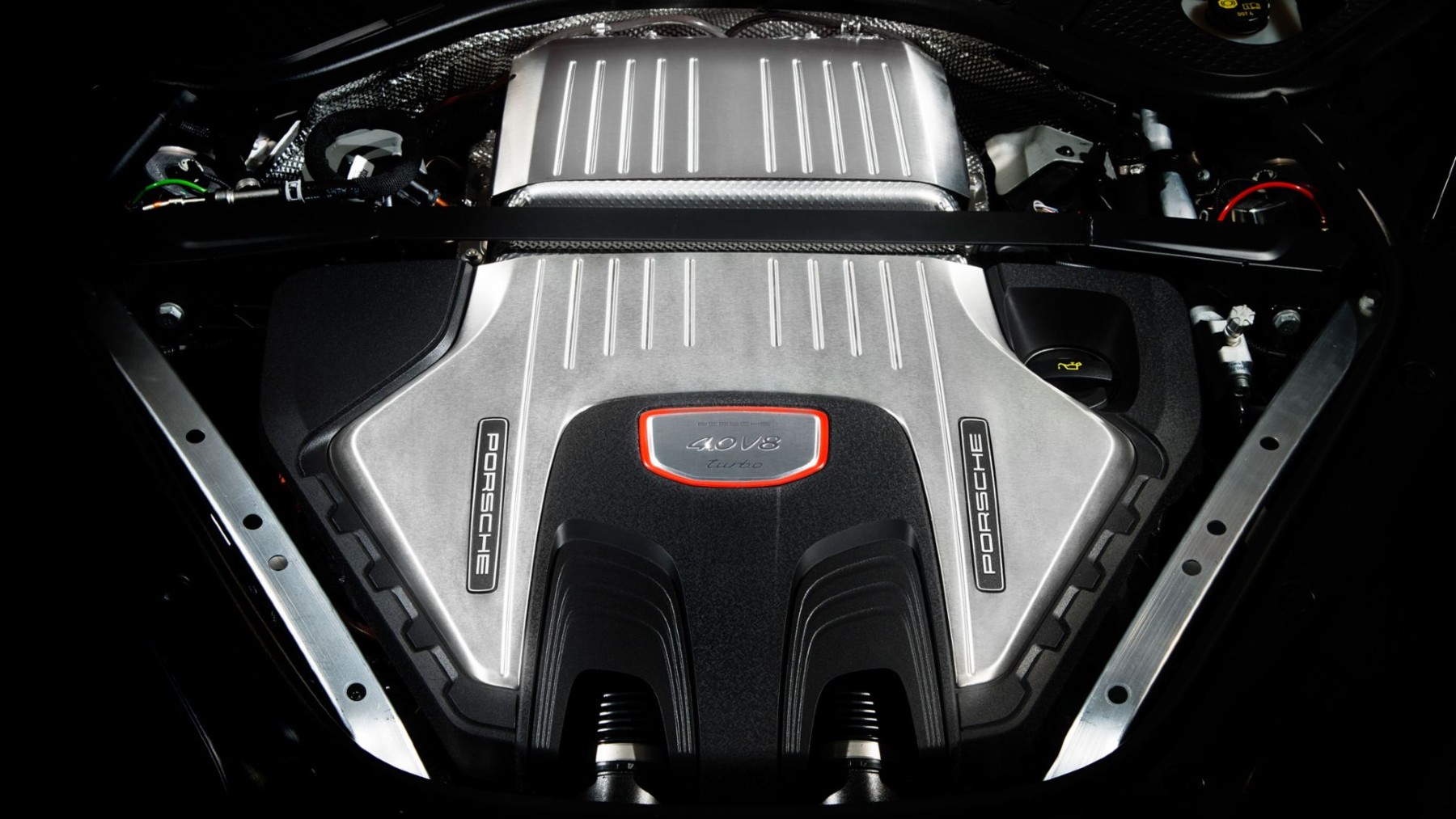Porsche Redefines Combustion with Hydrogen Engine Innovation
Key Ideas
- Porsche has developed a groundbreaking hydrogen engine prototype that matches the performance of a conventional V8 petrol engine while emitting nearly zero nitrogen oxides, showcasing a sustainable future for combustion engines.
- The hydrogen engine, developed entirely through virtual simulations in just six months, boasts improved efficiency by about 5% compared to gasoline and has the potential to be cost-competitive at scale, bypassing the need for expensive exhaust treatment systems.
- The new hydrogen engine features an innovative turbocharging system with electrically-assisted turbochargers, enabling it to produce up to 440 kW and reach speeds of 261 km/h, demonstrating Porsche's commitment to pushing the boundaries of engineering in the automotive industry.
- Although the hydrogen engine won't be entering production in its current form, Porsche's development signifies a significant step towards redefining the capabilities of combustion engines in a sustainable future, challenging traditional gasoline-powered engines.
German automakers, renowned for their innovation and performance, have traditionally excelled in the luxury automotive sector. Porsche, a leading brand in this space, has recently unveiled a groundbreaking development in the form of a hydrogen engine prototype. This innovative engine, designed to fit luxury sports cars, showcases performance capabilities equivalent to a 4.4-liter V8 petrol engine while emitting significantly lower levels of nitrogen oxides. Porsche's approach to reinventing combustion technology by leveraging hydrogen as a fuel source marks a crucial shift towards sustainable energy in the automotive industry.
The development process for Porsche's hydrogen engine was notably swift, with the entire project completed via virtual simulations within six months. By utilizing digital data from traditional petrol engines as a benchmark, Porsche's engineering team successfully optimized the combustion process, increased the compression ratio, and redesigned the turbocharging system to accommodate the unique requirements of hydrogen fuel.
A key highlight of this innovative engine is its revolutionary turbocharging system, featuring electrically-assisted turbochargers to effectively manage the increased air mass demand of hydrogen combustion. Through meticulous testing and experimentation with various turbocharging designs, Porsche ultimately selected a sophisticated system with back-to-back compressors, enabling the hydrogen engine to deliver impressive power output and match the performance of conventional petrol engines.
In addition to its performance capabilities, the hydrogen engine exhibited remarkable efficiency gains compared to gasoline, along with compliance with stringent emission standards such as Euro 7 regulations. Porsche's successful virtual testing of the hydrogen engine in a luxury car further underscores its potential for sporty performance, although the company has indicated that the engine is not currently slated for production. Despite this, the development represents a significant milestone in the automotive industry's transition towards sustainable energy sources and showcases Porsche's commitment to pushing the boundaries of engineering in pursuit of a greener future.
